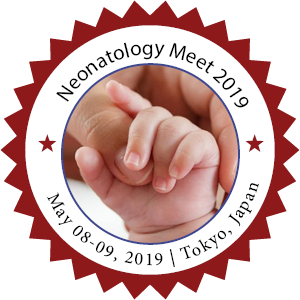
Abdelhadi Abdelgabbar
Mediclinic Alnoor Hospital, UAE
Title: The ethics of neonatal end of life decisions at borderline viability
Biography
Biography: Abdelhadi Abdelgabbar
Abstract
The ethics of neonatal end of life decisions at borderline viability
The fetus or a newborn baby is the only one who is not concerned about the value of their own lives as well as the anticipated acceptable qualities of the life. The decision making is engineered by the medical professionals using the best interest principle to justify the intended actions. The parents, who are often included in the process, are encouraged to decide based on information provided by the medical professionals. The society values are central to the moral and ethical philosophy underlying the decision making. These values are culture colored, fluctuating and at best ambiguous and controversial. The medical professionals looking after fetuses and newborn have a huge responsibility in setting the frame for the moral decisions which should be consistent, dispassionate and impartial. Exclusion of the emotions is a difficult task which is compounded by the relatively short time window which is available to make a very serious decision. There are no easy or definite solutions to the dilemma between “everything should be done” demanded by some parents and “I do not want a severely disabled child who will suffer all his/her life” demanded by other parents. The issue is complicated further by the fetus versus neonatal rights. Attempts to define the moment at which a developing fetus acquires full moral status which is equivalent to the newly born baby are likely to be unsuccessful and ethically questionable. It aims to discuss the ethical issues surrounding the decision making on behalf of neonates.

